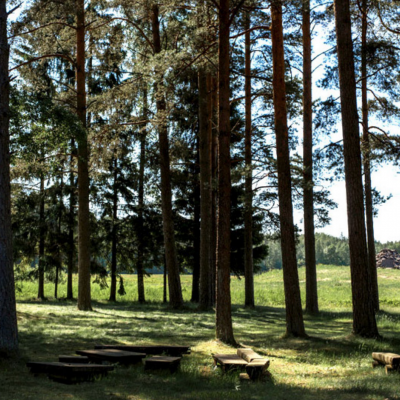
New IETM publication and policy paper on non-urban culture
Despite their vital importance in the cultural landscape, arts and cultural practices happening outside urban centres lack recognition at the EU policy level.
In response to that, we have launched a joint advocacy project together with Culture Action Europe, the European Network of Cultural Centres and Trans Europe Halles to raise the visibility of arts and culture happening in non-urban territories. Today, as part of the project, we are launching a joint policy paper and a new IETM publication dealing with the topic. Learn more below:
“Beyond the Urban – Contemporary arts and culture in non-urban areas as keys to a sustainable and cohesive Europe” - Joint policy paper
When it comes to culture in non-urban and peripheral areas in policy discourse, the focus is often given to only a few cultural sectors while being limited mostly to their economic impacts and the preservation value of tangible heritage, landscapes and monuments. To avoid the risk of overlooking a vast, vibrant and complex world of non-urban contemporary art and socio-cultural practices, we have developed a policy paper with recommendations aimed to highlight the significance of culture and the arts in non-urban and peripheral areas, and offer policy solutions to support them. You can download the full paper here.
The policy paper was also discussed during a webinar that the four networks hosted on Monday morning (16 March), together with key actors of the field and policymakers. You can watch the webinar recording here.
Fresh Perspectives 9: Arts in rural areas
In addition to the policy paper, we have commissioned a new Fresh Perspectives publication to highlight the valuable contribution contemporary arts have in non-urban areas. The publication brings the views of three experts on what could be the sustainable ways to improve conditions for artists working in those areas. The text is largely based on the conclusions we arrived at during the IETM Satellite in Wales 2018 and several working sessions on the topic organised during our plenary meetings by our network’s AREA group (Art in Rural Areas). Download here free of charge.

